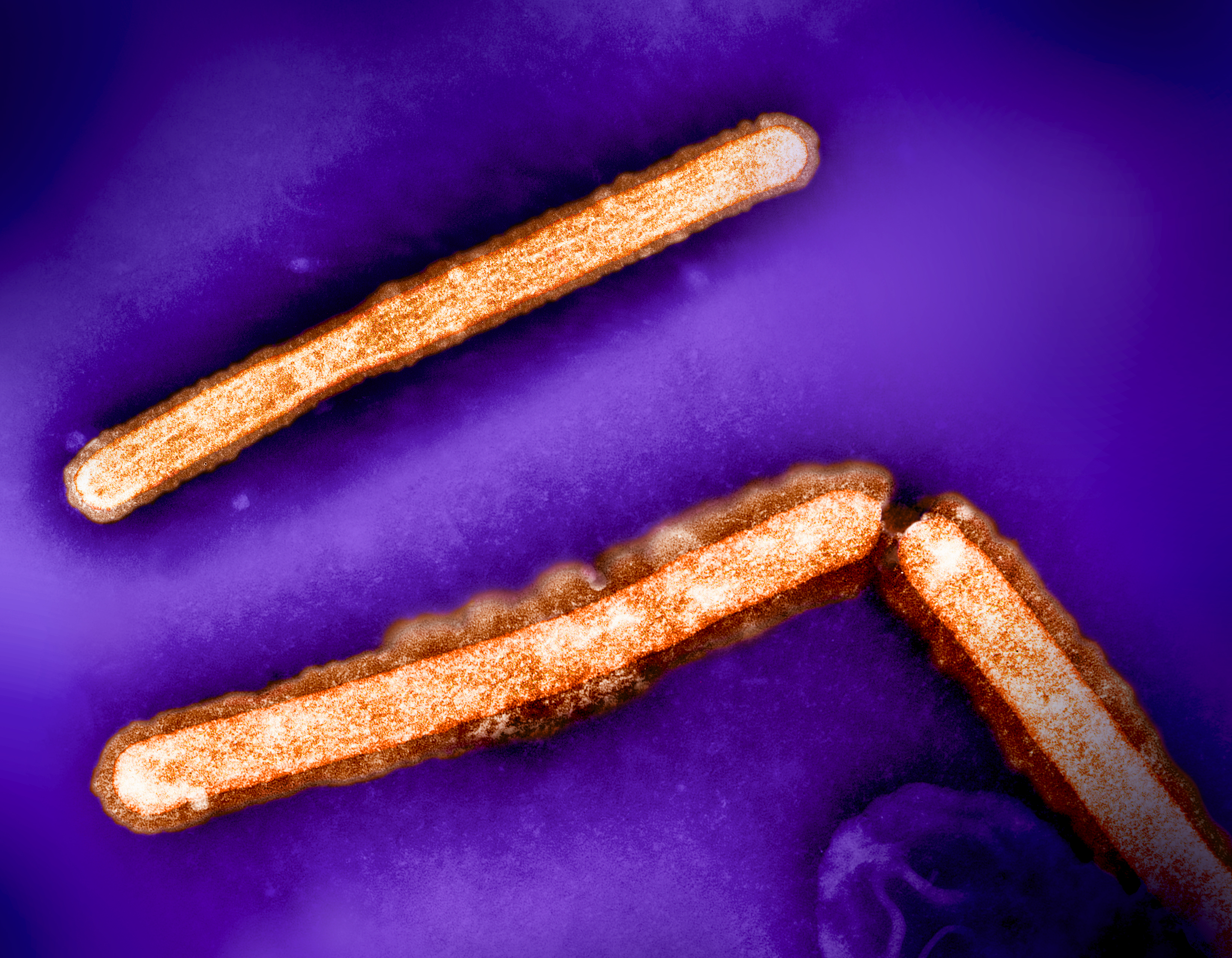Last month, we published the NIAID Research Agenda for 2024 H5N1 Influenza.
NIAID has no notice of funding opportunity (NOFO) or notice of special interest (NOSI) specifically targeting Influenza A/H5N1. Still, you as an interested researcher could prepare and submit an investigator-initiated application in response to a Parent NOFO. We provide advice on how to align your application’s Research Strategy with NIAID’s programmatic priorities in the absence of a solicited initiative at Unsolicited, Investigator-Initiated Research and Draft Specific Aims. For example, you should choose a parent NOFO with the activity code (e.g., R01, R03, or R21) most appropriate to the scope of your planned project.
Note, as well, that NIAID is responding to public health concerns around Influenza A/H5N1 by mobilizing our intramural and extramural-supported research infrastructure, e.g., the Centers for Excellence for Influenza Research and Response (CEIRR) network and the Collaborative Influenza Vaccine Innovation Centers (CIVICs). Central to the NIAID Mission is that we maintain Programs and Networks with capacity to respond appropriately to emerging and re-emerging disease threats.


